
$20M from Feds to PEI for Stormwater Infrastructure
The governments of Canada and Prince Edward Island will invest in local water infrastructure to provide modern services for stormwater and drinking water. These investments…

The governments of Canada and Prince Edward Island will invest in local water infrastructure to provide modern services for stormwater and drinking water. These investments…
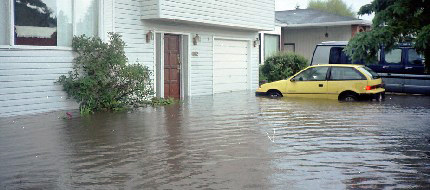
The City of Edmonton has announced forward motion on its flood mitigation strategy, which will focus on flood risk, potential costs, and schedules outlined for…
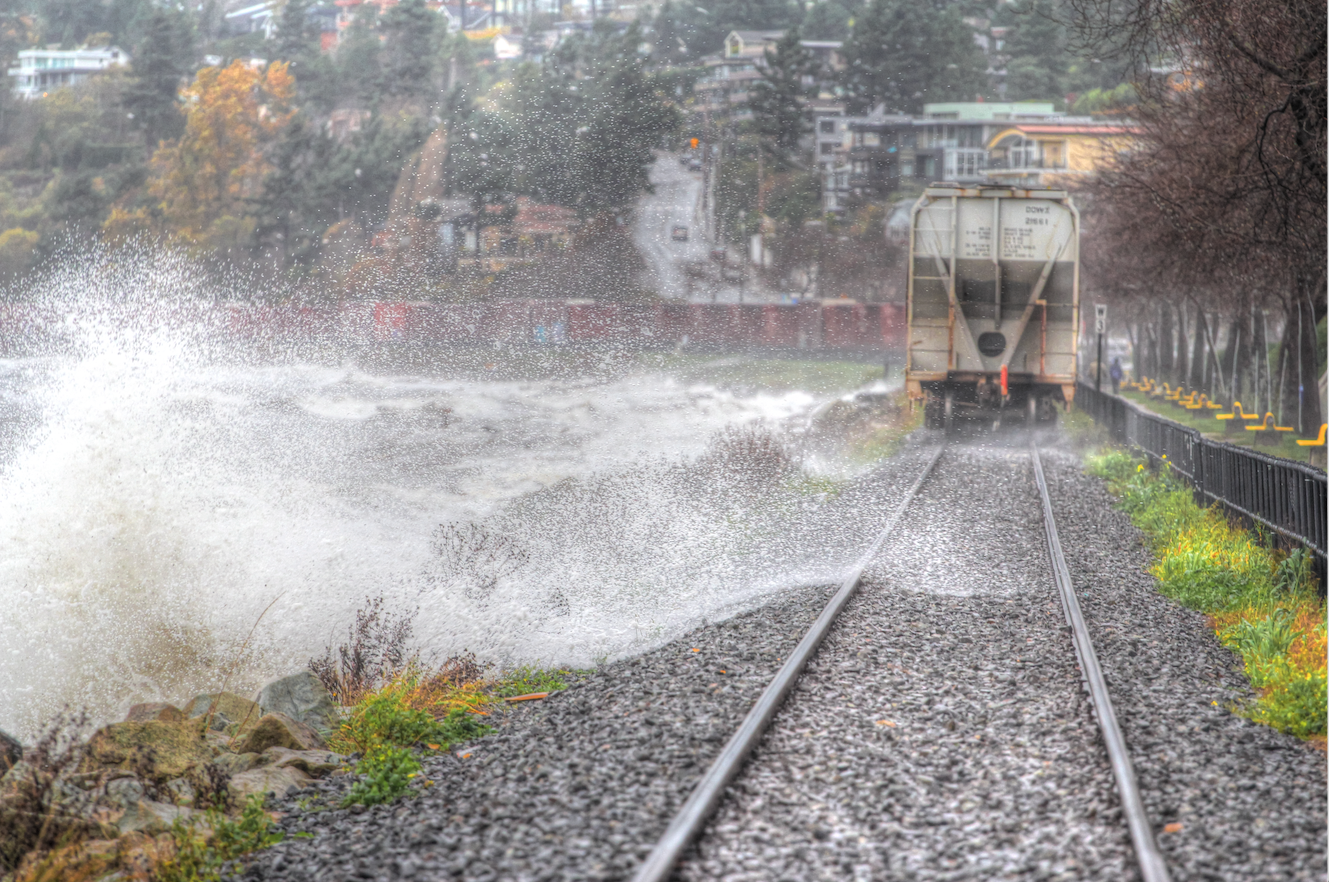
We have come a long way in understanding how the impacts of climate change affect Canada’s coasts and what to do about them. In 2004,…
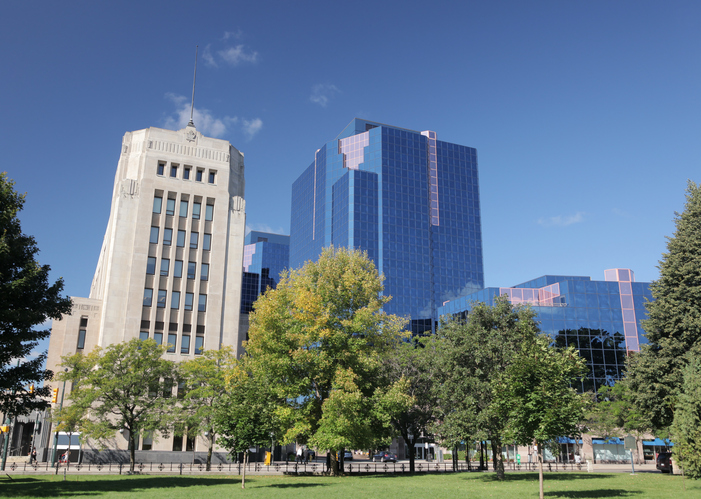
London, Ontario, will make a major investment in stormwater and wastewater infrastructure to help basements stay dry and reduce the amount of effluent entering the…
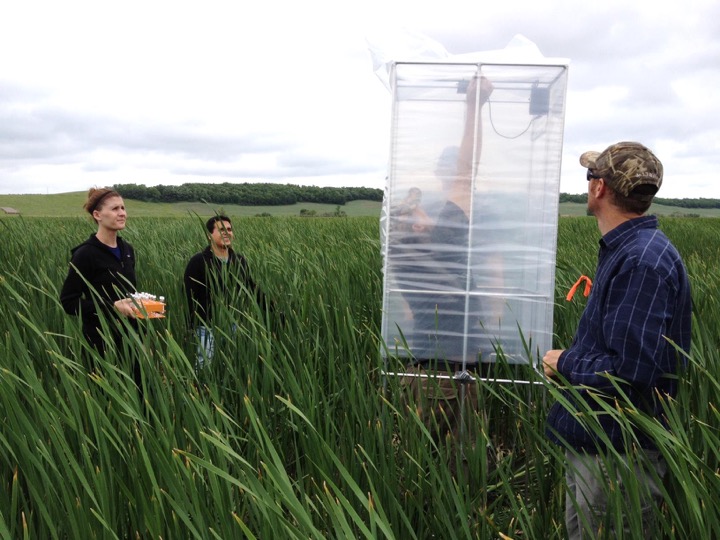
As the Manitoba Government contemplates the shape and form of its carbon pricing and green plan, heeding the words of perhaps our greatest public intellectual…
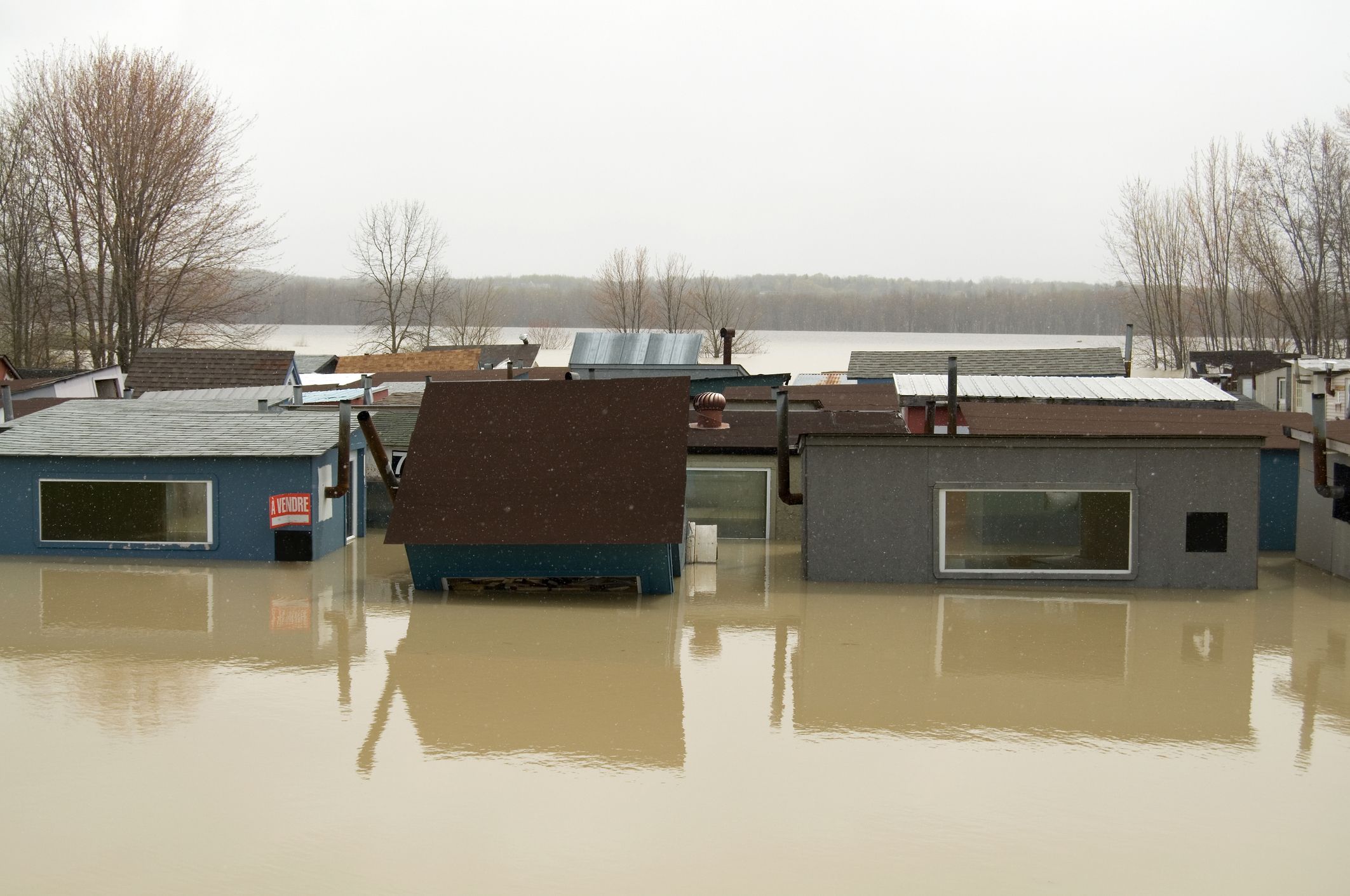
The Insurance Bureau of Canada has released a statement on flooding and insurance coverage in the province of Quebec. The statement is in response to…
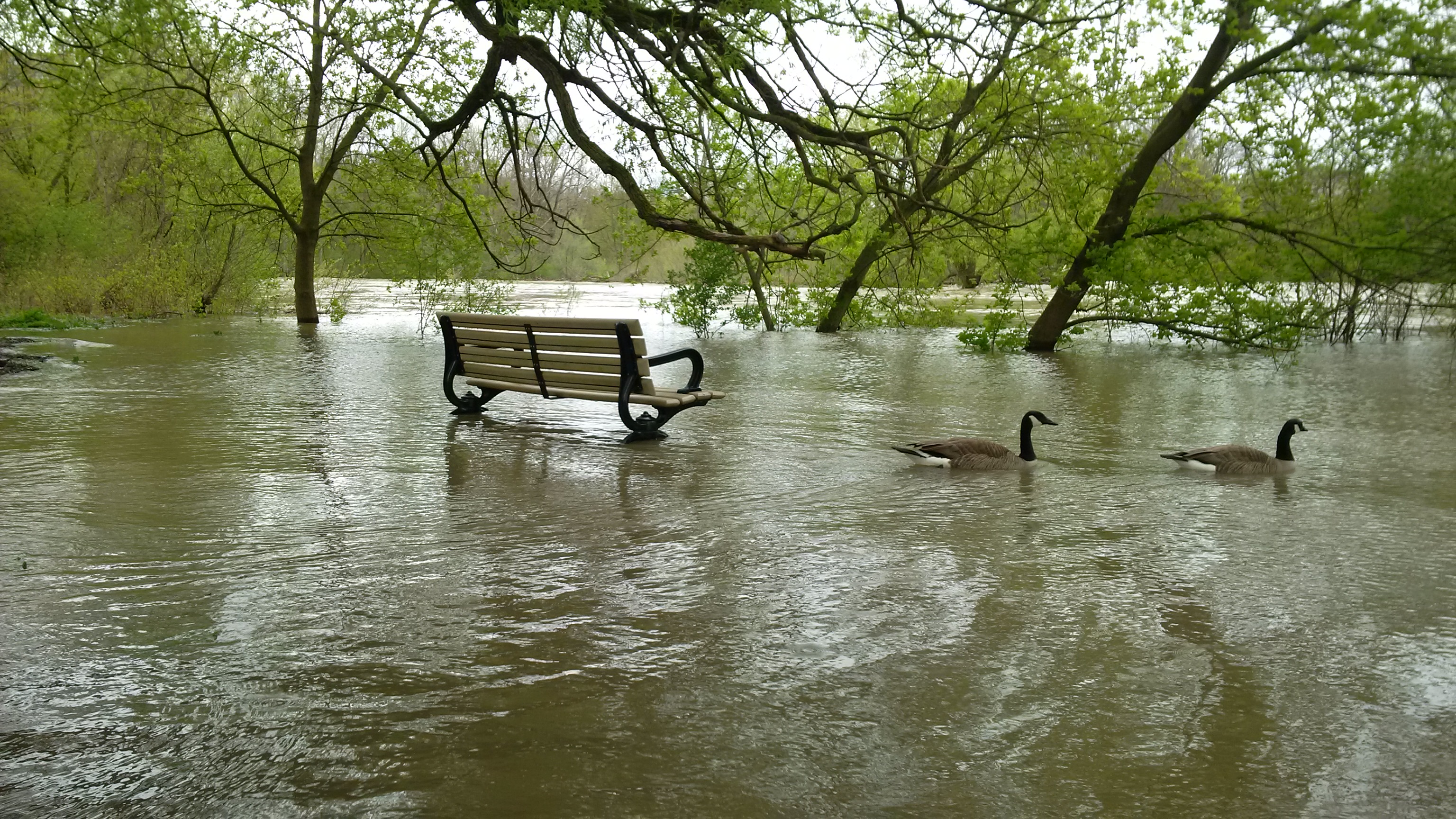
When Water Canada published a story on the top seven water stories for 2016, the authors highlighted the federal government’s commitment to new funds for…
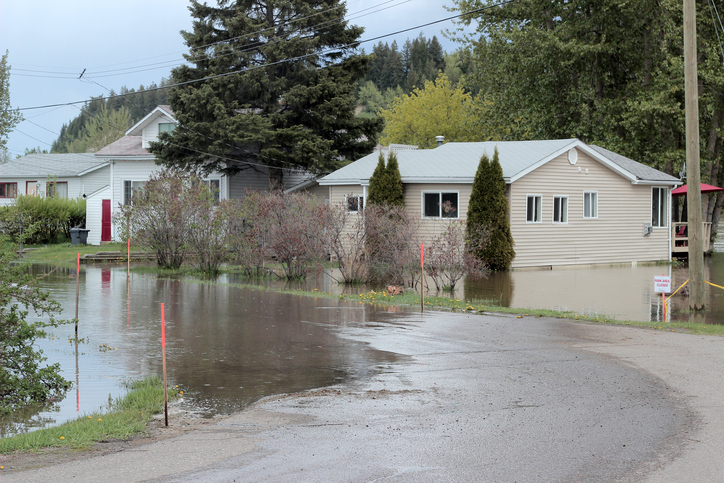
British Columbia has announced that Disaster Financial Assistance (DFA) is now available to eligible British Columbians in the central region who may have been impacted…
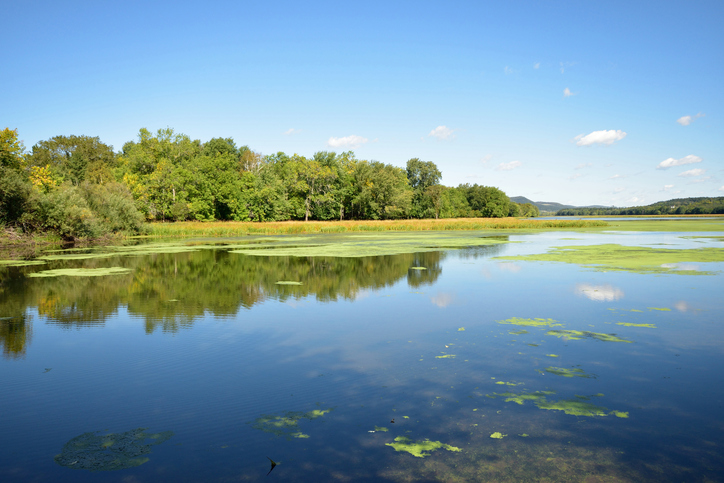
The Government of New Brunswick has announced that the Environmental Trust Fund will invest $8.4 million in environmental projects for the 2017–18 fiscal year. A…

Changing atmospheric temperatures are forcing changes in the water cycle—higher evaporation rates, more frequent and intense rainstorms, and less precipitation as snow. Together these changes…
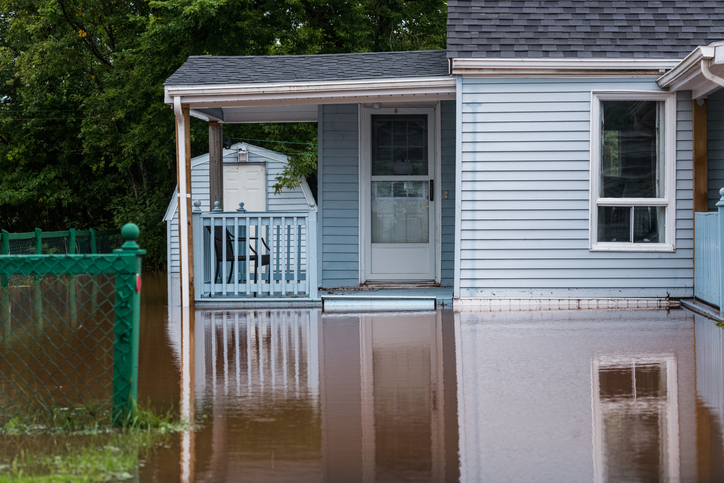
The City of Markham, Ontario, has urged the insurance industry to consider city flood control measures when setting home insurance rates. Over the past three…
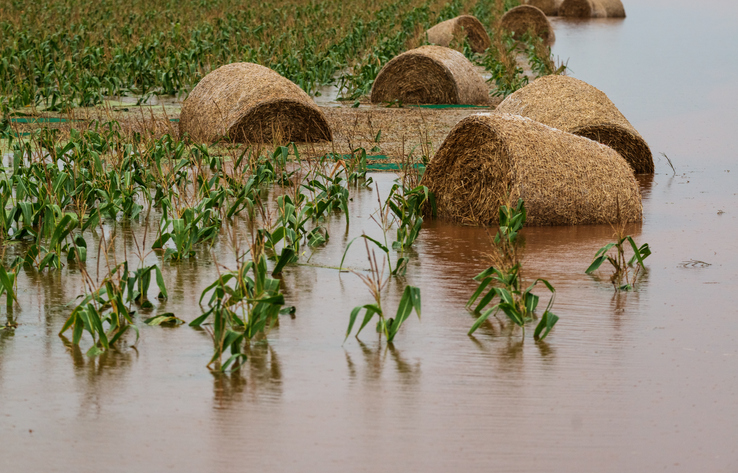
The Emergency Management and Public Safety Division of Manitoba Infrastructure has announced Disaster Financial Assistance (DFA) will be available for eligible municipalities, homeowners, farms, and…
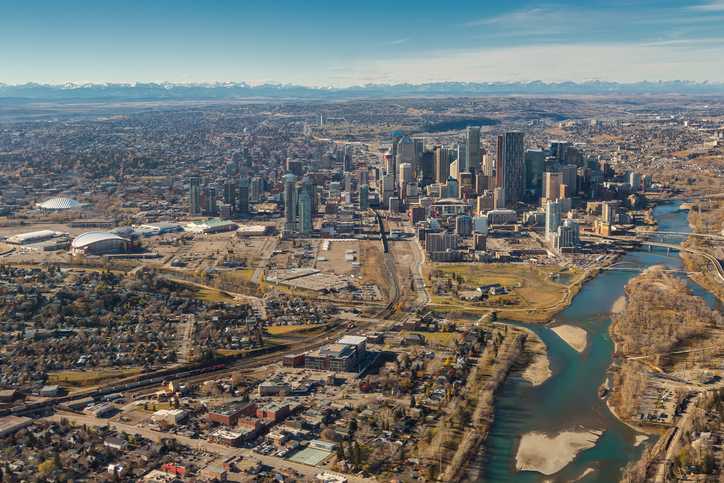
Six provincial grants are part of $63 million earmarked in Budget 2017 to help Alberta communities and organizations adapt to severe weather events and a…
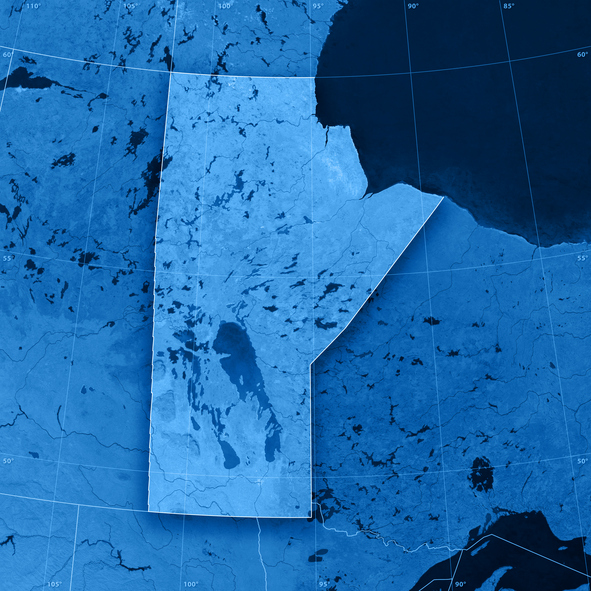
Manitoba released its 2017 budget, yesterday, which includes $60 million for water infrastructure and $15 million for maintenance and preservation of water related assets. The…
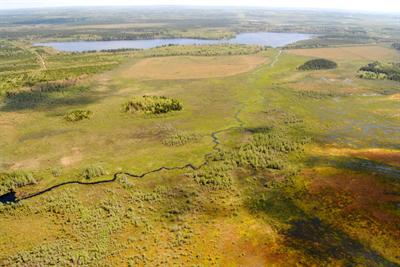
The Government of Nova Scotia announced on April 10 that work to replace the LaPlanche Aboiteau in Amherst was completed. The aboiteau runs along the…
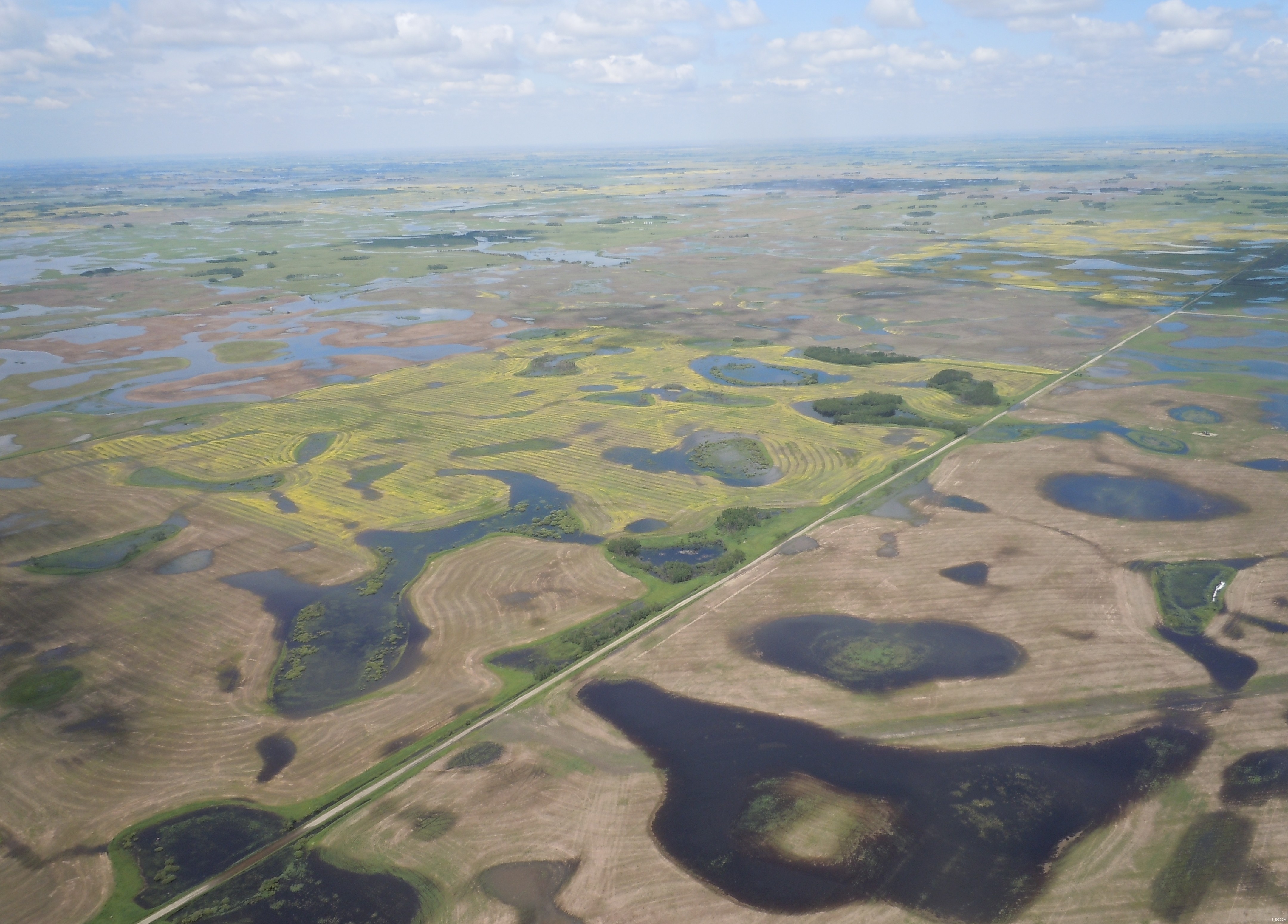
The Province of Manitoba released its March flood outlook on the 24th, which stated that levels of spring flooding continue to be dependent on future…
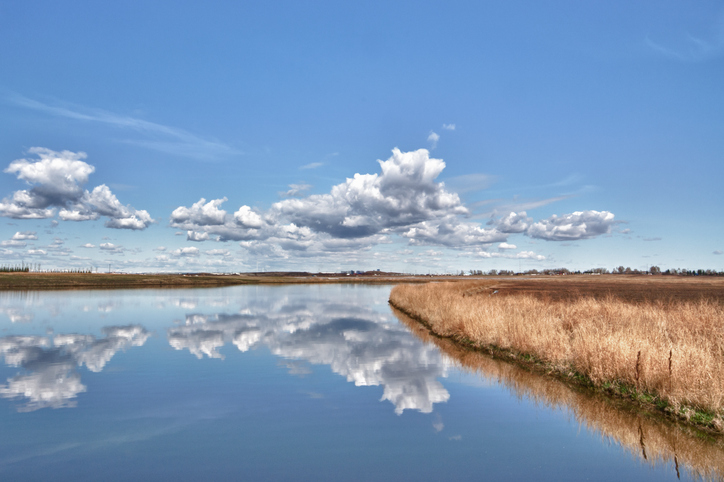
The Alberta government announced on World Water Day that it will invest nearly $12 million in multi-year grants for watershed planning and advisory councils, including…
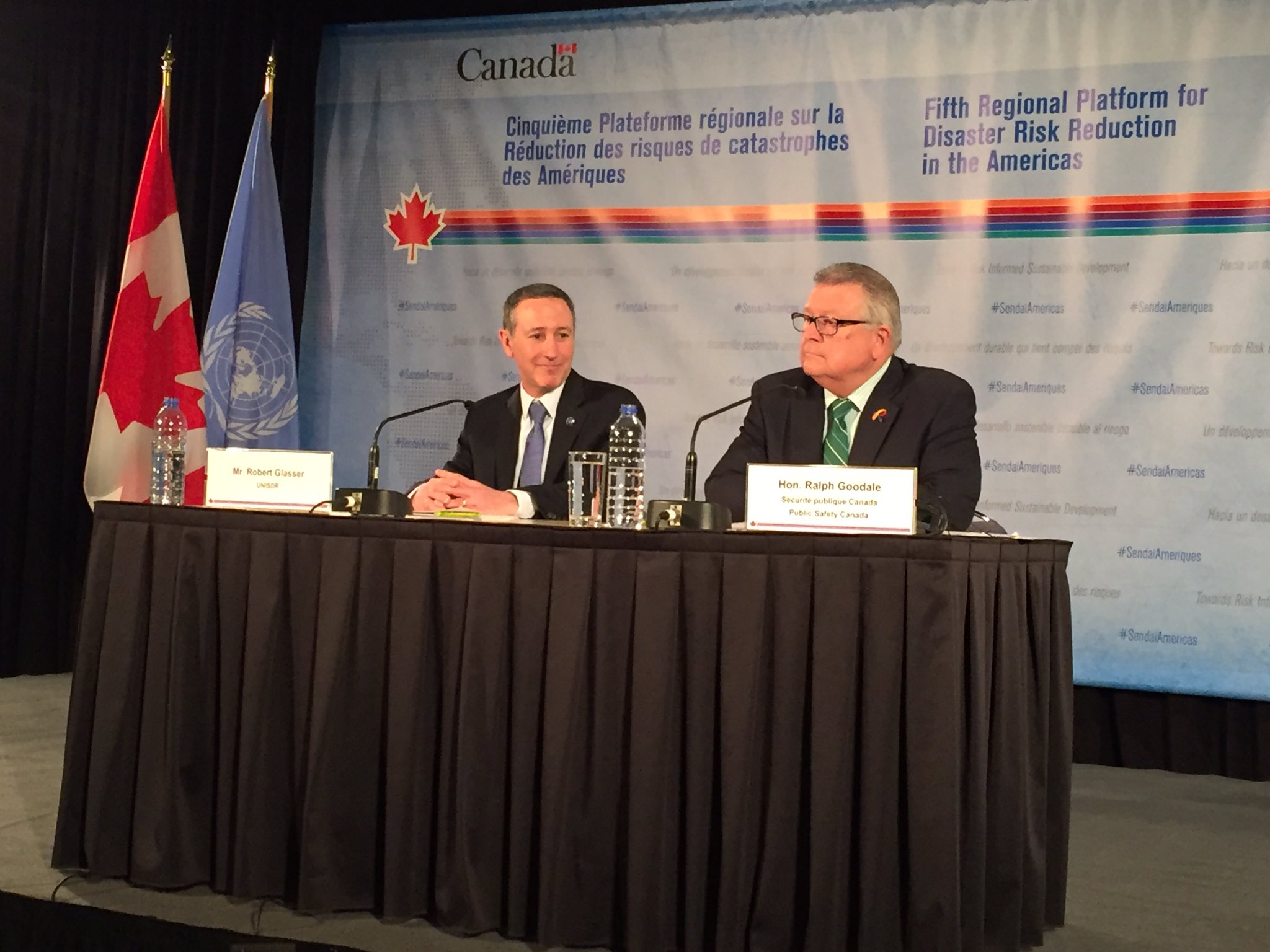
The Fifth Regional Platform for Disaster Risk Reduction in the Americas (RP17) concluded this week, which focused on regional policies for preventing natural and human-induced…
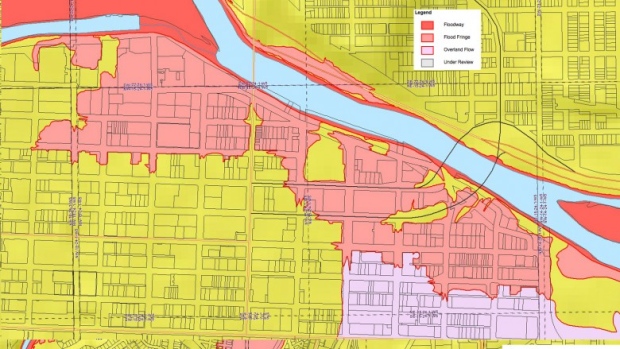
In Canada, overland flooding costs the Canadian economy more than any other kind of natural hazard. It is the single largest draw on the Disaster…
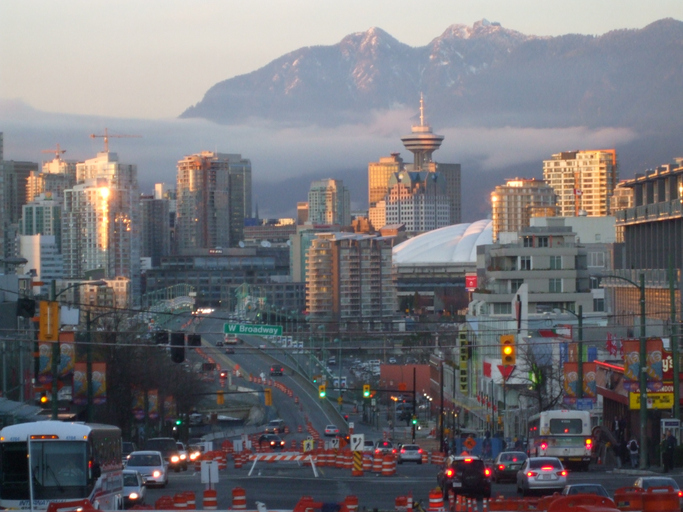
A report from Metro Vancouver, with contributions from Pacific Climate Impacts Consortium and Pinna Sustainability, warns that climate induced temperature changes in the Metro area…
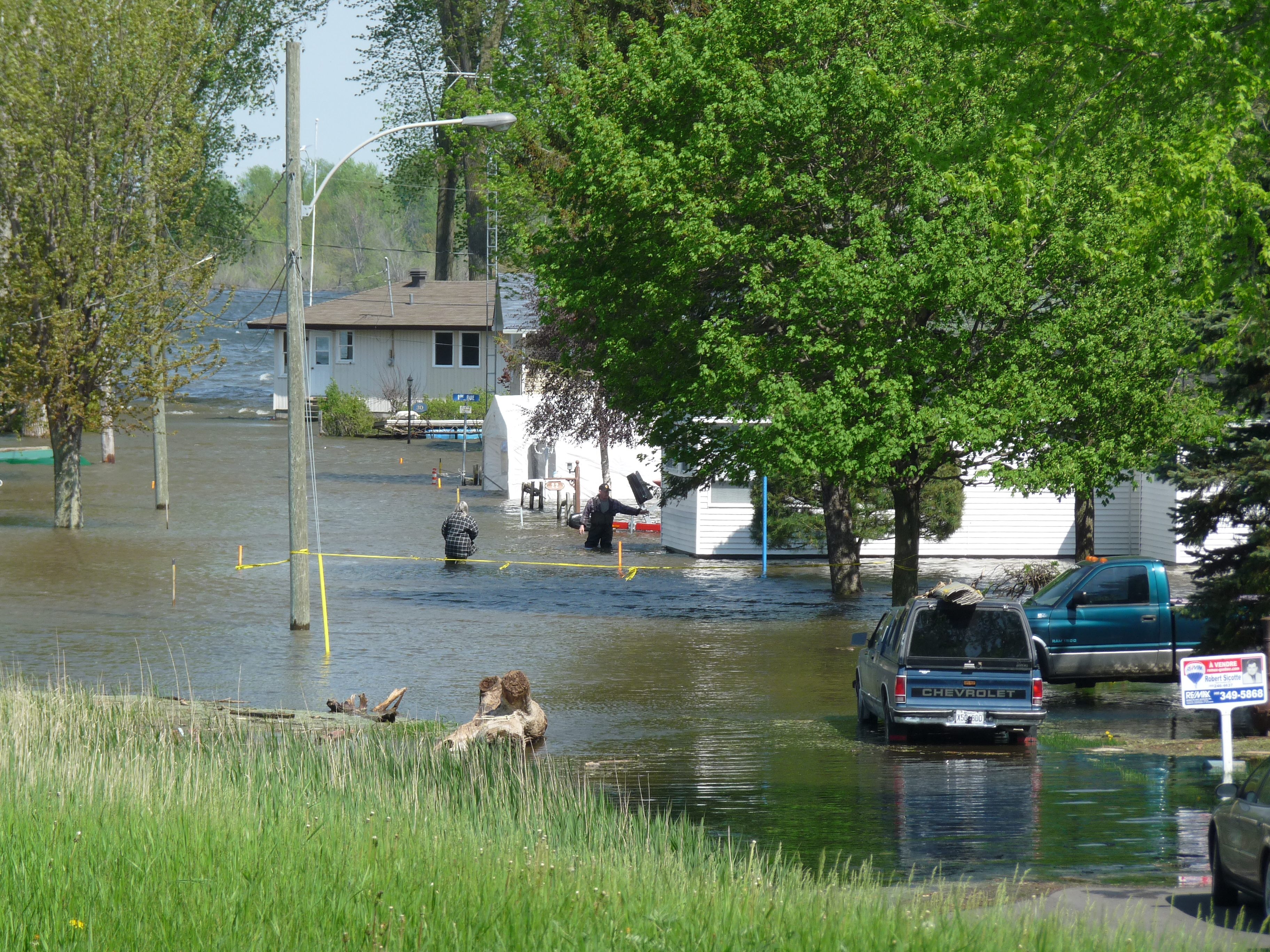
The International Joint Commission (IJC) today announced that it has appointed a bi-national study board to undertake the work outlined in Option B of the 2013…
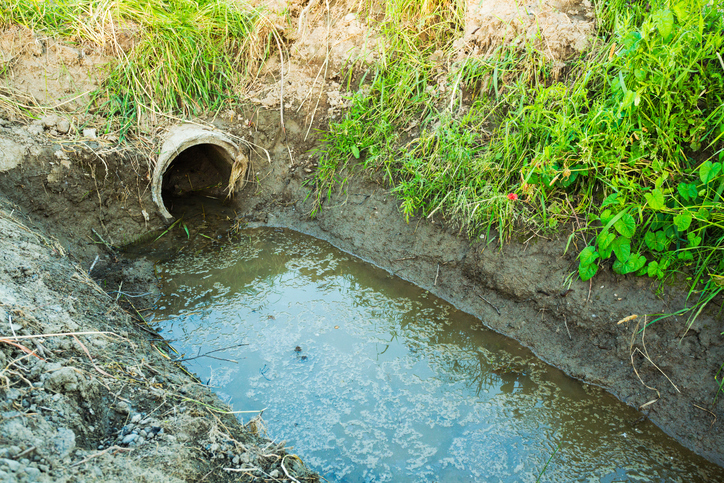
Saskatchewan’s Water Security Agency (WSA) has issued the largest single agricultural drainage approval in the province’s history. Located in the Gooseberry Lake Watershed, the Dry…
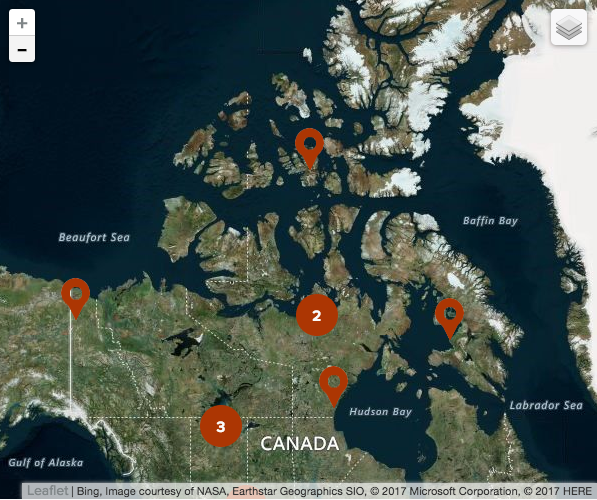
February 2 is World Wetlands Day—the anniversary of the adoption of a treaty which provides the framework for the conservation and wise use of wetlands.…
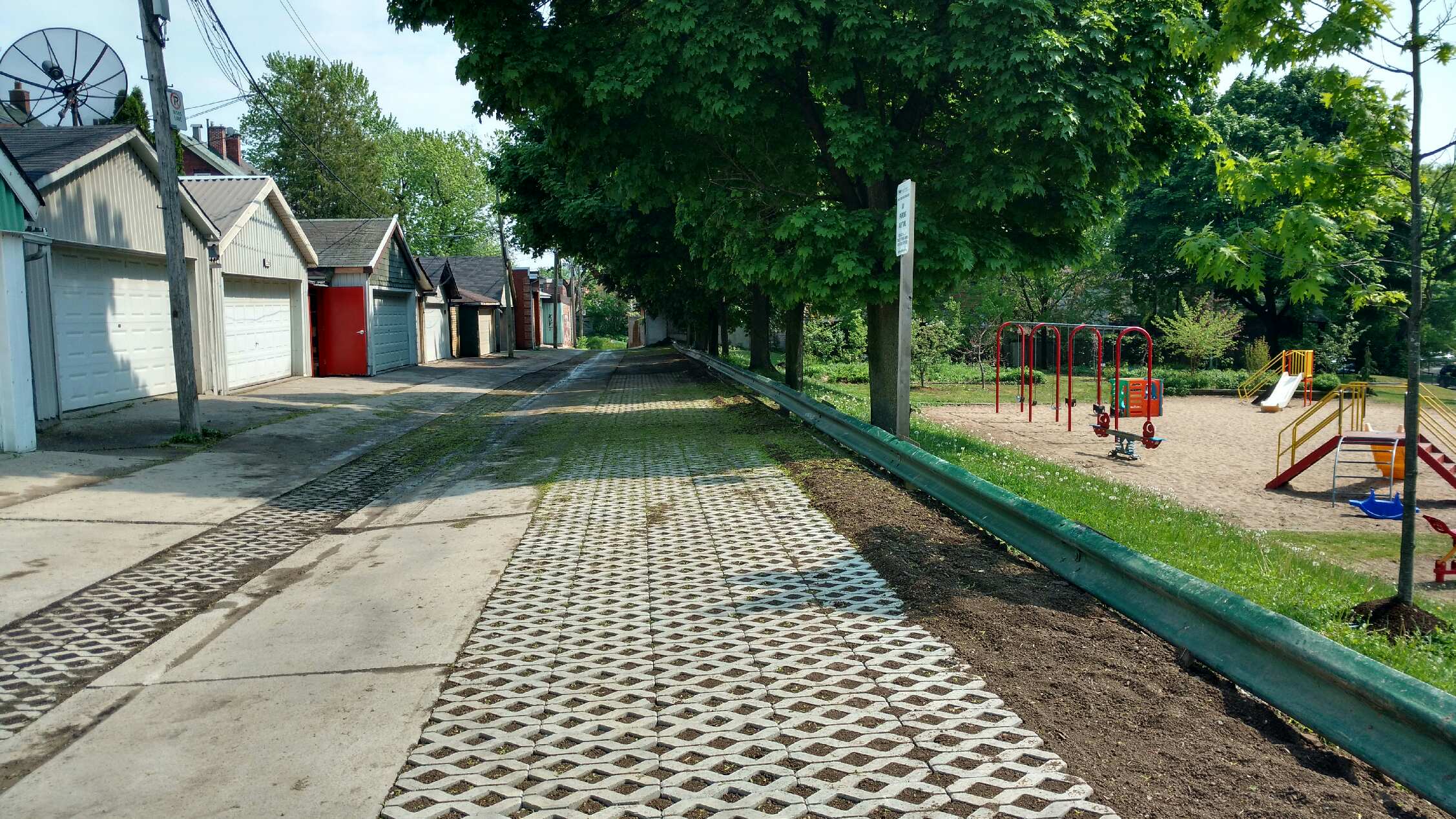
The City of Toronto has more than 2,400 publicly owned laneways. These back alleys, that run throughout the city, behind our streets, connecting our residential…